India's Historic Triumph 1983 Cricket World Cup: All You Need To Know About Kapil Dev's Men - In Pics
The 1983 Cricket World Cup held in England marked a turning point in Indian cricket history. Against all odds, the Indian cricket team, captained by Kapil Dev, emerged as the underdog champions, defeating the mighty West Indies in a stunning upset. This victory not only changed the landscape of Indian cricket but also sparked a wave of enthusiasm and passion for the sport across the nation.
)
The charismatic and courageous leader, Kapil Dev, played a pivotal role both with the bat and as a pace bowler. His unbeaten 175 against Zimbabwe in the group stage turned the tide for India, inspiring his team and setting the stage for their ultimate triumph.
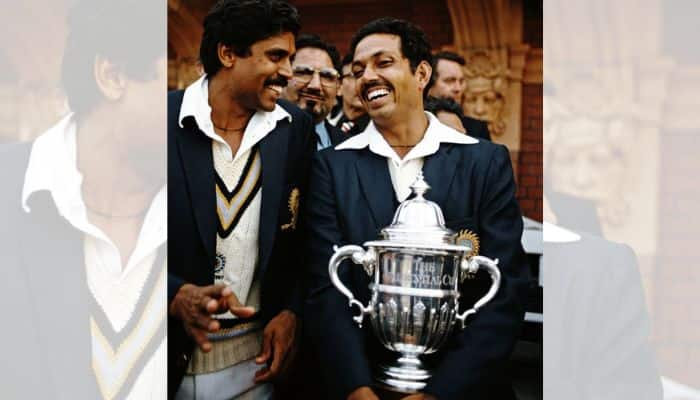
Known for his all-round skills, Amarnath was instrumental in the World Cup victory. His spellbinding performances in the semifinal and final earned him the Man of the Match awards, showcasing his resilience and ability to deliver in crucial moments.
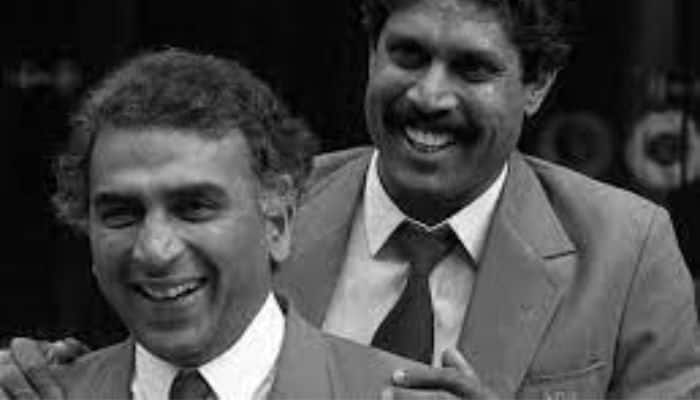
A legend of Indian cricket, Gavaskar provided a solid foundation at the top of the order. While he may not have had a remarkable World Cup individually, his experience and expertise were crucial in guiding the team through pressure situations.
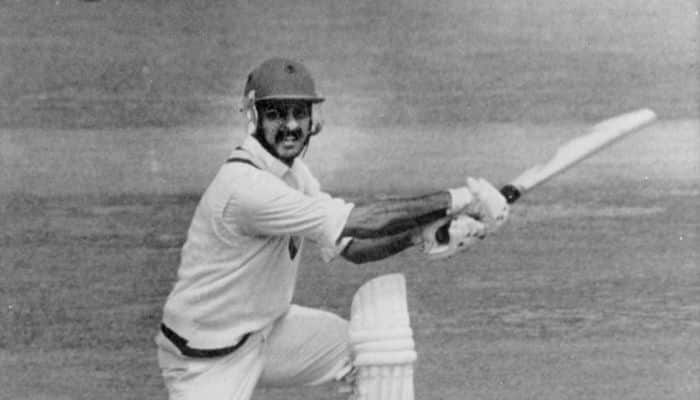
The aggressive opener, Srikkanth, played fearlessly throughout the tournament. His quickfire knocks at the top of the order gave India momentum, setting the tone for the team's aggressive approach.
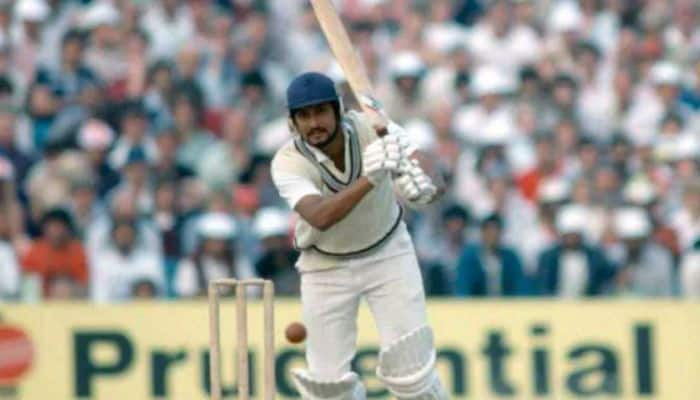
Patil's explosive batting style added firepower to the Indian middle order. His memorable innings against the West Indies in the final helped India post a competitive total, showcasing his ability to perform under pressure.
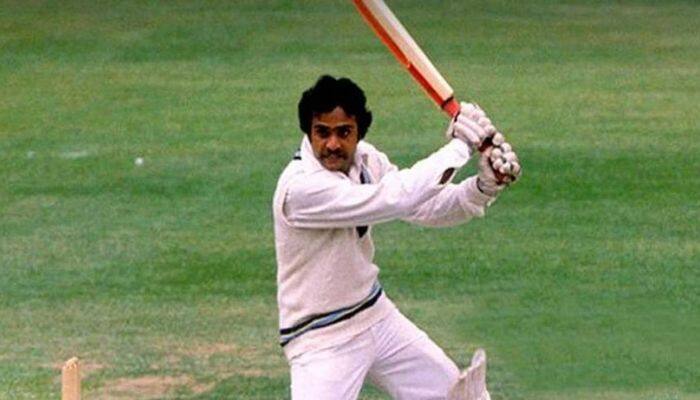
Yashpal Sharma played a vital role in stabilizing the innings during crucial moments. His knock of 61 against England in the semifinal was pivotal, allowing the lower order to accelerate and set a challenging target.
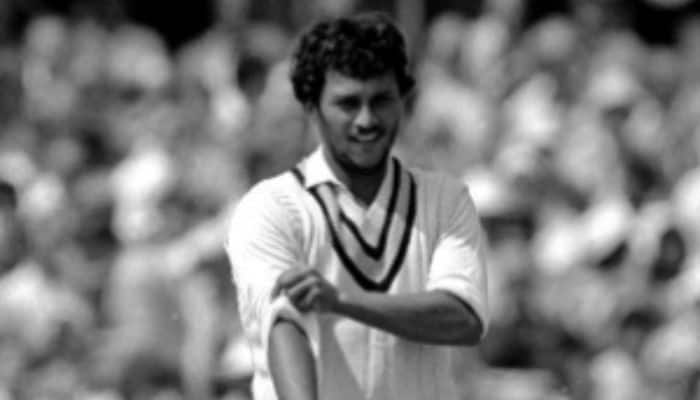
An effective swing bowler and a handy lower-order batsman, Binny's consistent performances with both bat and ball were valuable for India. His spell of 4 wickets for 29 runs against Pakistan in the group stage showcased his ability to make breakthroughs.
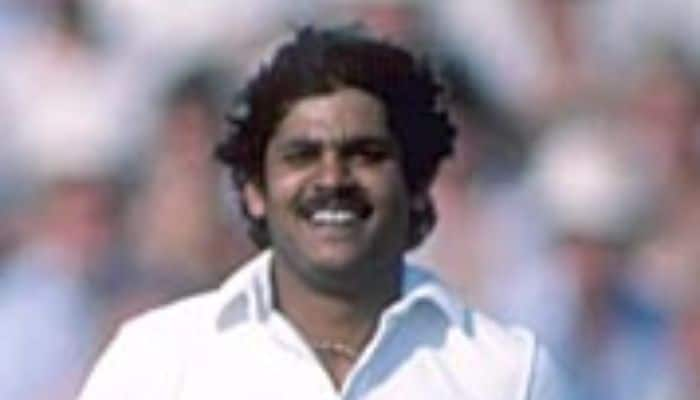
Azad, known for his gritty batting and useful off-spin bowling, contributed in crucial situations. His knock of 46 against Zimbabwe in the group stage helped India recover from a precarious situation, displaying his resilience.
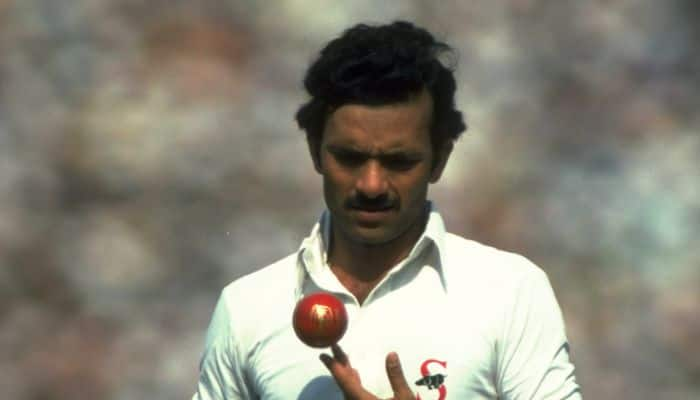
Madan Lal's accurate medium pace bowling and lower-order hitting played a significant role in India's success. His spell of 3 wickets for 31 runs against England in the final proved vital in restricting the opposition's total.
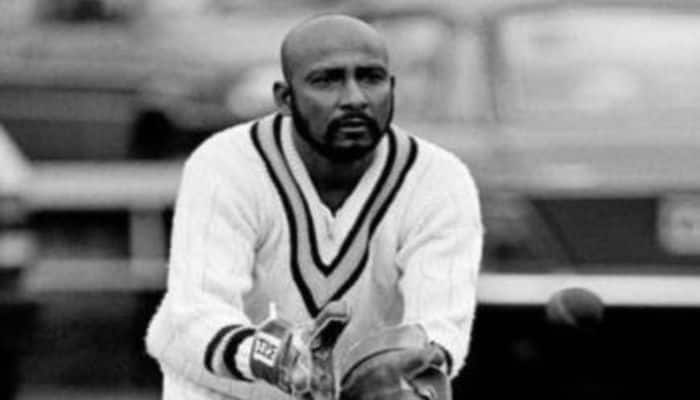
The reliable wicket-keeper of the Indian team, Kirmani showcased his skills behind the stumps throughout the tournament. His agility and sharp reflexes played a crucial role in crucial dismissals.
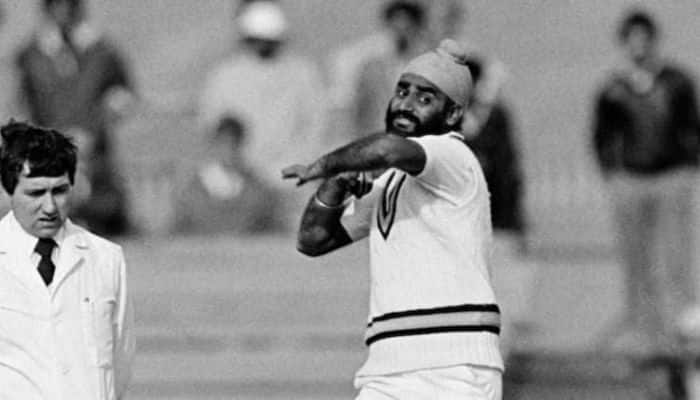
Sandhu's effective swing bowling was a valuable asset for India. His memorable delivery to dismiss the West Indian opener, Gordon Greenidge, in the final provided the team with a vital breakthrough.
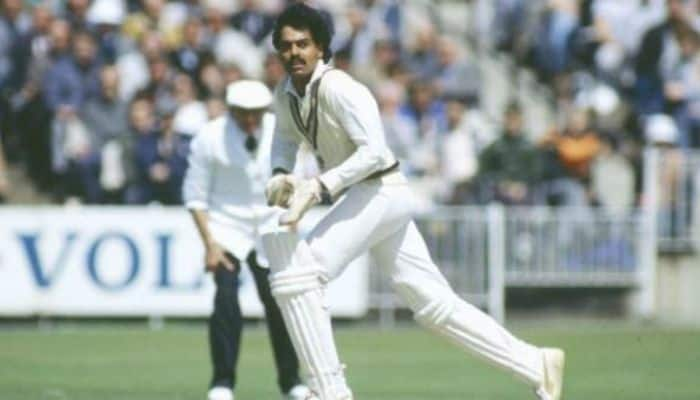
A talented batsman, Vengsarkar contributed crucial runs for India during the tournament. His half-century against the West Indies in the group stage displayed his ability to perform against strong opposition.
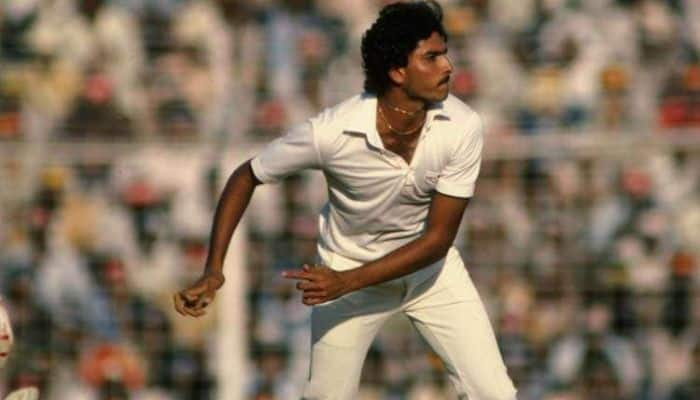
Shastri, a versatile all-rounder, played a vital role in India's success. His economical off-spin bowling and crucial knocks in the middle order provided stability to the team.
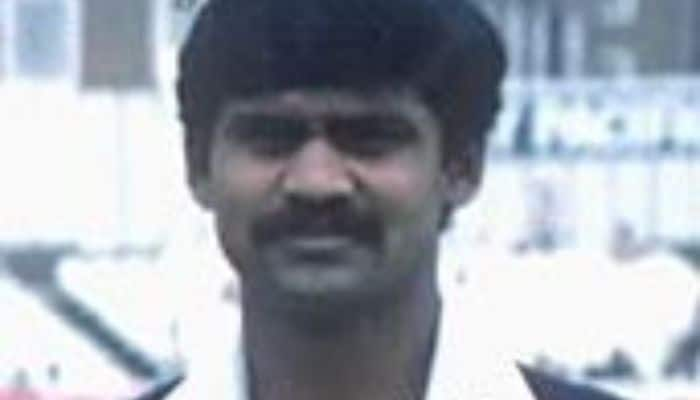
Although Valson did not feature in any matches during the tournament, his presence and contribution to the team's morale cannot be overlooked. His dedication and hard work in the practice sessions helped maintain the team's spirit.
